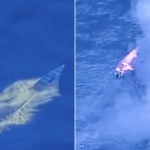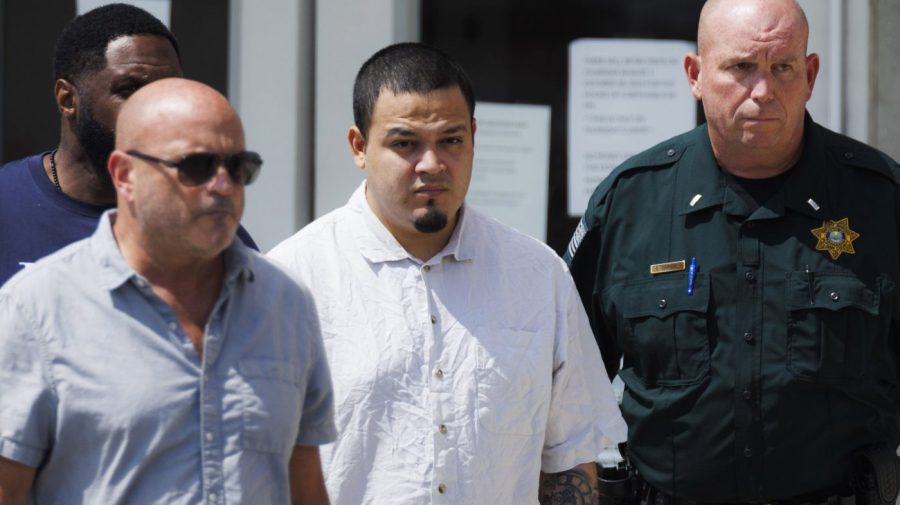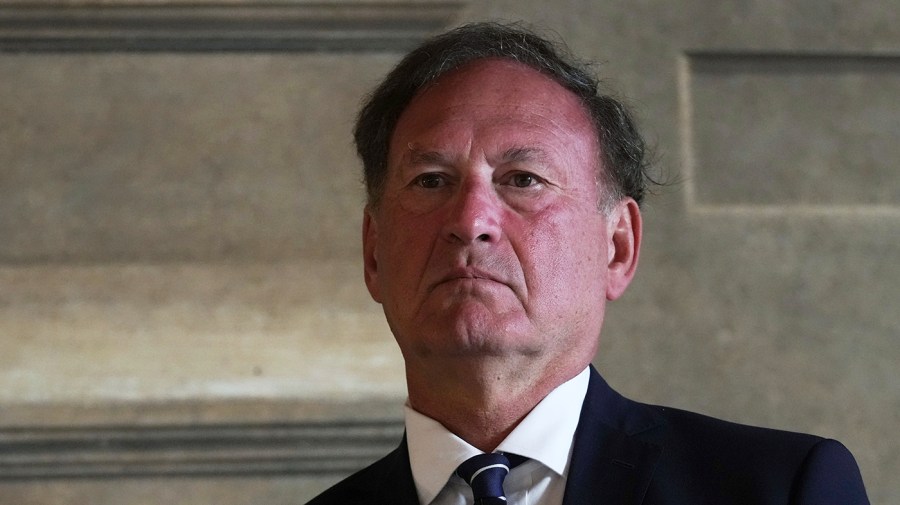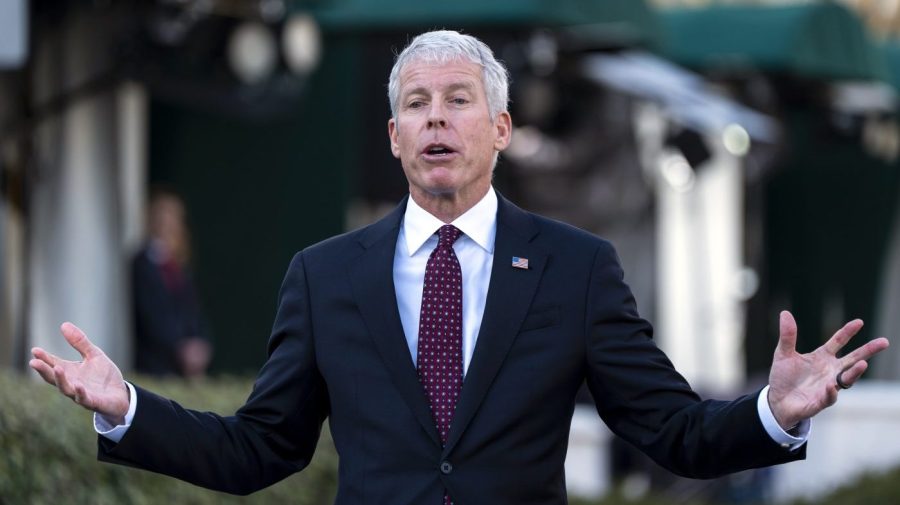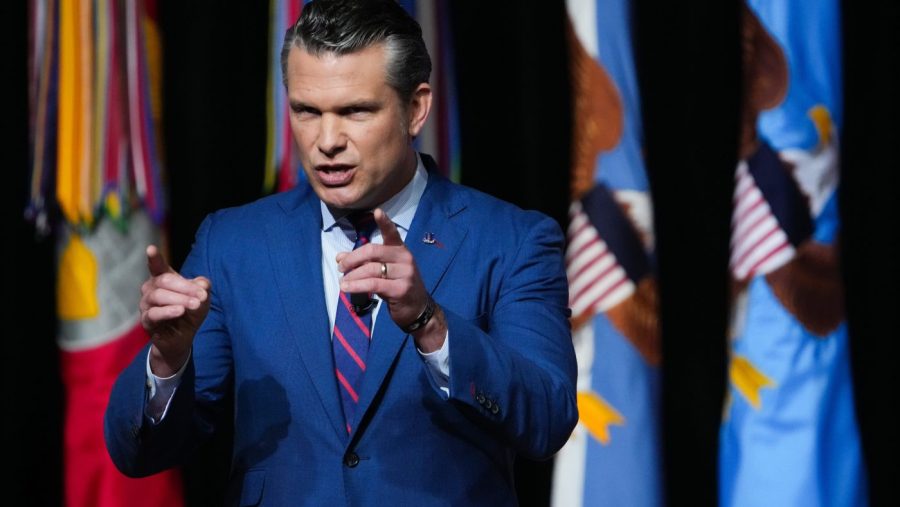A federal judge on Friday ruled that there is “realistic likelihood” the prosecution of Kilmar Abrego Garcia, who was mistakenly deported to El Salvador earlier this year, was “vindictive.”
“The Court holds that the totality of events creates a sufficient evidentiary basis to conclude that there is a ‘realistic likelihood of vindictiveness’ that entitles Abrego to discovery and requires an evidentiary hearing,” U.S. District Judge Waverly Crenshaw in Tennessee wrote in a 16-page Friday ruling.
Crenshaw, an Obama appointee, pointed to statements made by Deputy Attorney General Todd Blanche during a Fox News appearance alleging that his comments about the case potentially exhibited grounds for claims of “vindictiveness” in the case against Abrego Garcia.
“Deputy Attorney General Blanche’s remarkable statements could directly establish that the motivations for Abrego’s criminal charges stem from his exercise of his constitutional and statutory rights to bring suit against the Executive Official Defendants, rather than a genuine desire to prosecute him for alleged criminal misconduct,” Crenshaw added, citing Blanche’s remarks stating the federal government sought to investigate Abrego Garcia after he challenged his deportation to El Salvador.
The Hill reached out to the Justice Department, and Immigration and Customs Enforcement for comment.
Abrego Garcia’s lawyers have repeatedly alleged the government has treated him unfairly and that he cannot receive a fair trial due to “highly prejudicial, inflammatory, and false statements” from government officials.
In addition to Blanche’s remarks, the Department of Homeland Security has shared numerous posts online alleging he’s a member of the gang MS-13, a “human trafficker, domestic abuser, and child predator” who will never be “loose on American streets.” Crenshaw cited several examples in his Friday ruling.
Abrego Garcia has denied claims of criminal activity while in the U.S. But after he successfully challenged his wrongful deportation at the Supreme Court this spring, an investigation into a 2022 traffic stop in Tennessee was reopened. He now faces human smuggling charges.
“This timeline suggests that Abrego’s prosecution may stem from retaliation by the DOJ and [Department of Homeland Security] due to Abrego’s successful challenge of his unlawful deportation in Maryland,” Crenshaw wrote in the Friday order.
Abrego Garcia pleaded not guilty and rejected the government’s offer for a plea deal.
He first sought asylum in 2019, and while a judge at the time rejected the request, he was granted what is known as withholding of removal, barring him from being deported to El Salvador due to gang threats against his family. He was deported to the notorious CECOT prison in the Central American country in March.
He returned to the U.S. in June to face the federal smuggling charges. In late September, Abrego Garcia was transferred from Farmville Detention Center in Virginia to the Moshannon Valley Processing Center in Pennsylvania.
Amid the legal proceedings, Abrego Garcia asked an immigration court to reopen his 2019 petition for asylum.
However, he was denied asylum Wednesday by an immigration judge.







